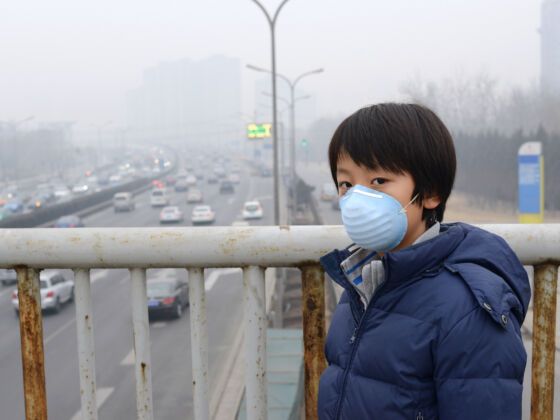BEIJING, China — In some ways, Lai Wei and her husband faced the same dilemma that many foreigners who move to Beijing to pursue career opportunities struggle with. Should they bring their daughter to the big city, knowing that children are particularly vulnerable to the effects of apocalyptic smog and freezing northern winters?
But unlike foreigners living on expatriate packages, the Lais cannot afford to hire babysitters or to live in a modern apartment with air purifiers, filtered water, and other luxuries. Since public services that Chinese citizens are entitled to are usually tied to the places where they were born, their daughter would not be able to attend public schools or access basic health services in Beijing. Enrolling her in an expensive international school is out of the question.
